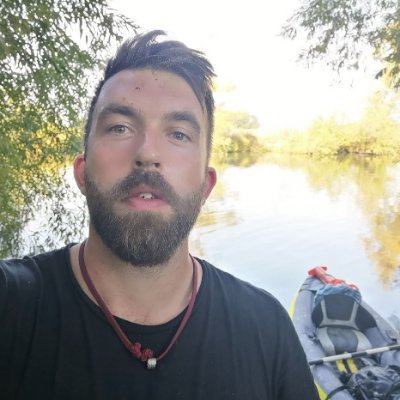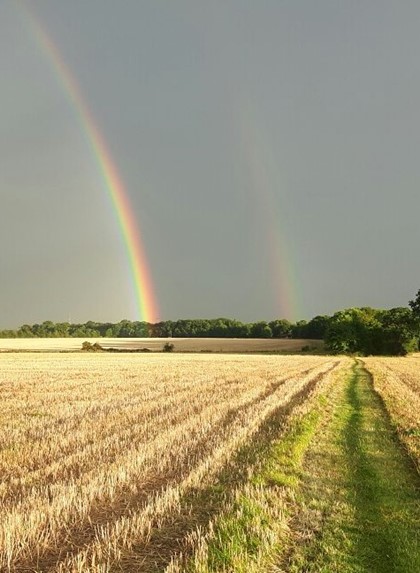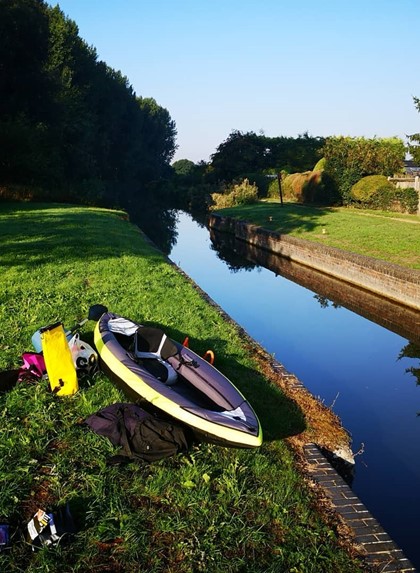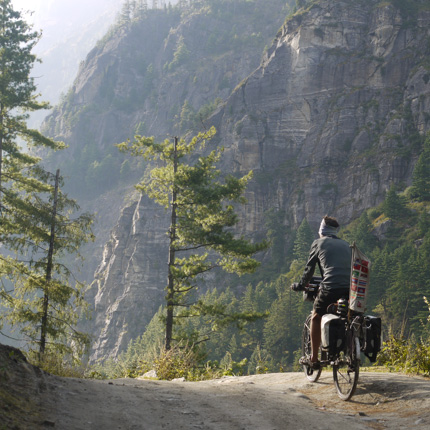Did you learn anything especially surprising or egregious during your research?
Both surprising and egregious: the flexibility and bias of the law. The law of property has been written almost entirely by vested interests and many of the precedents that have been set were created by an unreformed parliament, in whose time you couldn't be an MP unless you were a landowner of very significant holdings. The House of Lords, until very recently, has been a cabal of inherited peerages, whose titles all came with swathes of land, so it is maybe not surprising, but no less egregious, that they have almost entirely been against any kind of land reform.
What changes would you make to this part of the system, if you could?
The laws of the land must encourage people towards nature. Either we follow Scotland’s 2003 example and pass a Right to Roam Act, which allows the public access to land and water, provided they use that access responsibly; or we need to extend the legislation we have already in England, namely the Countryside and Rights of Way (CRoW) act of 2000. This piece of legislation opened up around 8% of land in England to responsible roaming - large areas of moorland, and the occasional bit of land in various other places.
However, the science is telling us that for our improved mental and physical health, we need easy and regular access to nature. Our campaign proposes four more terrains to this CROW act: rivers, woodland, greenbelt and downland, because they would give the most amount of people the most amount of access. We also want to see an extension of the activities encouraged: from just simple walking to kayaking, paddleboarding, wild camping, mountain biking, climbing and caving etc. Provided they act responsibly, why shouldn't people be allowed to do what they love doing?
How can people get involved?
We don't claim to have all the answers. We want first to introduce the conversation of greater public access to nature in public discourse, and then move forward on a resolution that works both for the public and land owners. We would love to hear from Adventure Uncovered readers, so please either sign up to our website to find out more about our campaign, or send us a message to tell us your concerns, or what might be a better solution. We know that something needs to happen, that England cannot go on so segregated from the nature that can keep us healthy and content, and we know that if you help us, it is a very realistic proposition.




















